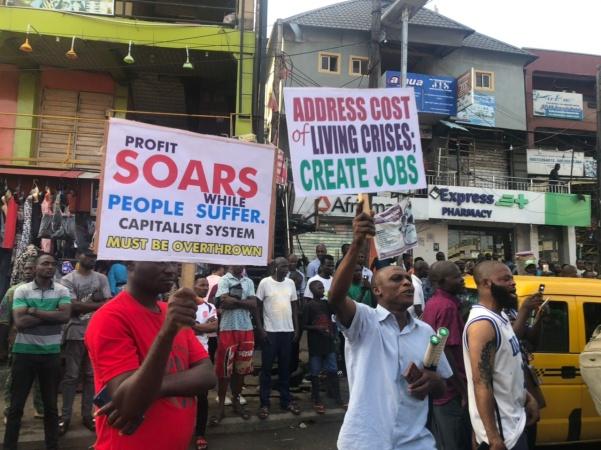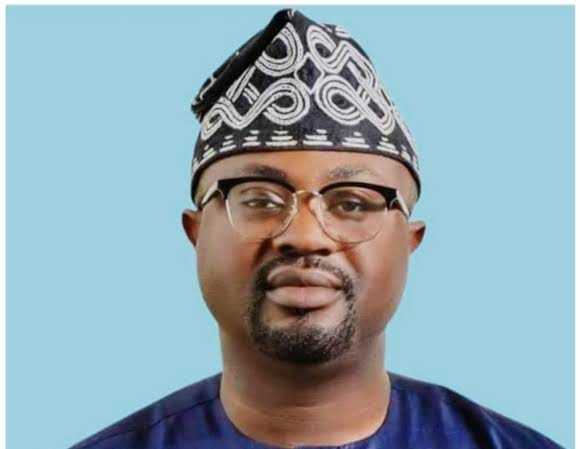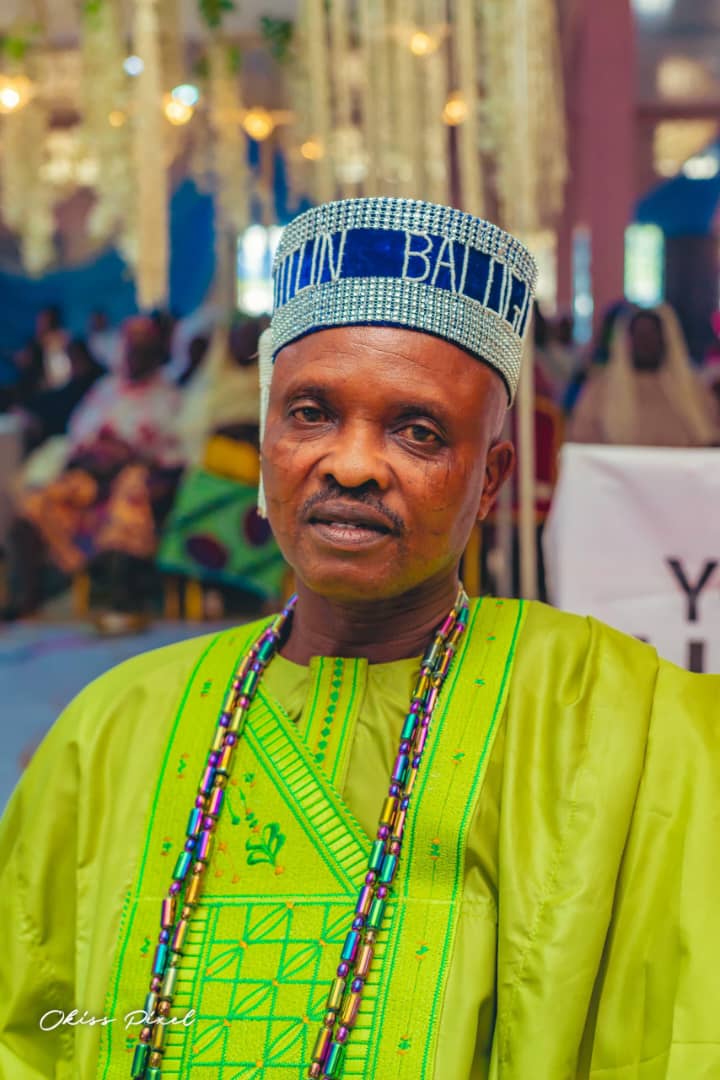
The October 1 protest tagged #FearlessInOctober is a continuation of the #EndBadGovernance protests held between August 1 and 10 in response to the economic hardship experienced by many Nigerians.
The protesters, as early as 7 am, gathered at the busy Utako market in the Utako area of the FCT, where the demonstration is currently ongoing.
The Director of Mobilisation Take It Back Movement, Damilare Adenola, lamented the hardship in the country, which he attributed to the policies of the Federal Government.Meanwhile, protesters, on Tuesday morning, gathered at the Ikeja Underbridge in Lagos State as the country marks the 2024 Independence Day.
The protest, however, is being closely monitored by a large contingent of security personnel, including policemen, officials of the Lagos Neighbourhood Safety Corps, and Nigeria Security and Civil Defence Corps.
Leading the team of policemen at the protest ground is the state Commissioner of Police, Olanrewaju Ishola.
The protesters are currently chanting solidarity songs, displaying placards bearing inscriptions such as “Reverse electricity tariff now, “End all attacks on democratic rights”, “Reduce petrol price to N197 per litre; end scarcity”, and “Profit soars while people suffer.”
Spearheading the protest are some civil society groups, including the Take It Back Movement, the Education Rights Campaign, the Coalition for Revolution, and the Socialist Workers League.
The protest marks the second time in two months that angry Nigerians would hit the streets in disapproval of the hardship in the country.
Tagged the #FearlessOctober1, the organisers said the demonstration was a continuation of the #Endbadgovernance protest, which took place from August 1 to 10.
They added that the latest demonstration was necessitated by the failure of the Federal Government to address their demands, which include hunger in the land, the rising cost of hunger, insecurity, government wastefulness, electoral reforms, and human capital development amongst others.








